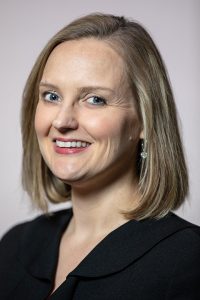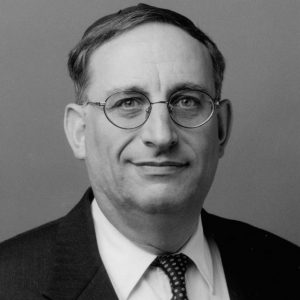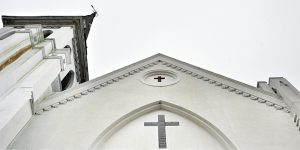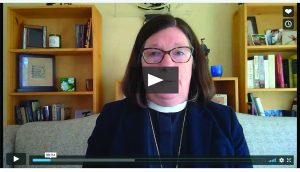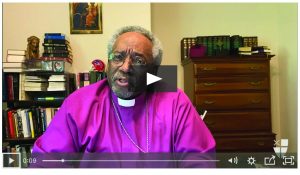The following is a statement of the National Council of the Churches of Christ USA (republished with permission). You can view their entire statement, including links to Orthodox Times articles, by visiting https://nationalcouncilofchurches.us/statement-on-hagia-sophia-and-remember-srebrenica-genocide/
The National Council of the Churches of Christ in the USA decries the decision of the Turkish Government to convert the Hagia Sophia from its long-term status as a museum to a mosque. It was a political decision made just this past Friday, July 10, by Turkey’s President Recep Tayyip Erdogan, a decision that was fueled by nationalist zeal that reflects his disregard for religious tolerance, and his cynicism in manipulating the Muslim majority in his country to support him.
The NCC joins the Orthodox Churches worldwide, the Vatican, the World Council of Churches, the Middle East Council of Churches, and people of goodwill everywhere in lamenting this turn of events. The NCC also joins the Islamic Society of North America, one of our Muslim-Christian dialogue partners, in condemning the action as a threat to global Muslim-Christian relations that both communities have nurtured over the last decades in the US and around the world.
The Hagia Sophia, built in the 6th century AD, and the center of world Christianity for nearly 1,000 years, remained a symbol of Christianity after the Ottoman conquest of Constantinople (1453) for the next 500 years, and this even though it was used as a mosque during that period. A Byzantine wonder in terms of architecture and art, in 1934, the Turkish government, by now secular, converted the building to a museum to reflect its shared civilizational legacy. We therefore urge President Erdogan to reverse his decision.
While we lament this decision, it is not lost on the NCC that this action coincides on the same weekend, July 11-13, with the world’s commemoration of the 25th anniversary of the Genocide committed against Muslims in Bosnia. What occurred in Srebrenica in 1995, when some of our own faithful were likewise compromised by political leaders through nationalistic fervor to commit one of the most horrific atrocities of the 20th century, is forever imprinted on the Christian conscience.
Taken together, these two events recall historic tensions between peoples, tensions that are overcome only through dialogue. It is our prayer that the healing of memory take place, and that such tensions are no longer inflamed through political, nationalistic – and senseless – actions.
Related Links:
WCC – https://www.oikoumene.org/en/press-centre/news/wcc-letter-to-president-erdogan-to-keep-hagia-sophia-as-the-shared-heritage-of-humanity
Vatican – https://www.vaticannews.va/en/pope/news/2020-07/angelus-pope-remembers-seafarers.html
Orthodox Churches – https://www.ecupatria.org/2020/06/30/ecumenical-patriarch-bartholomew-about-hagia-sophia/

